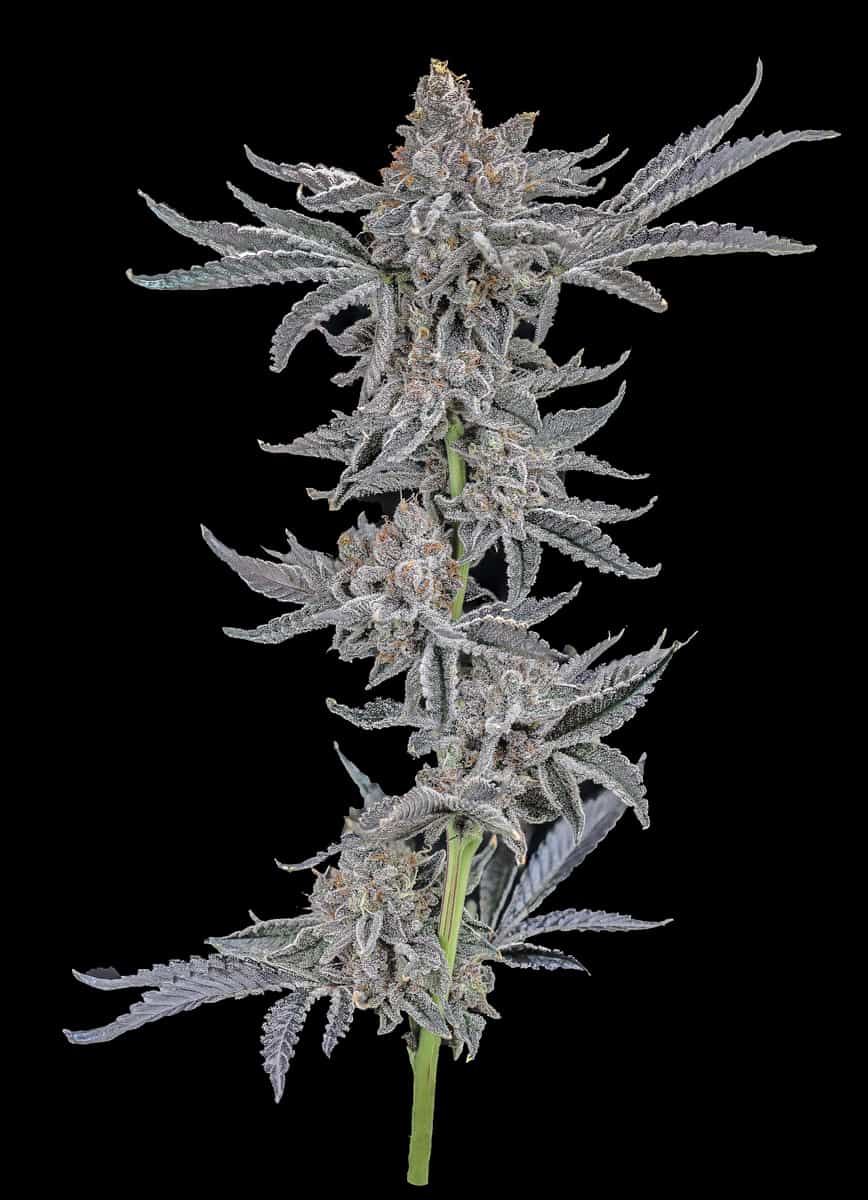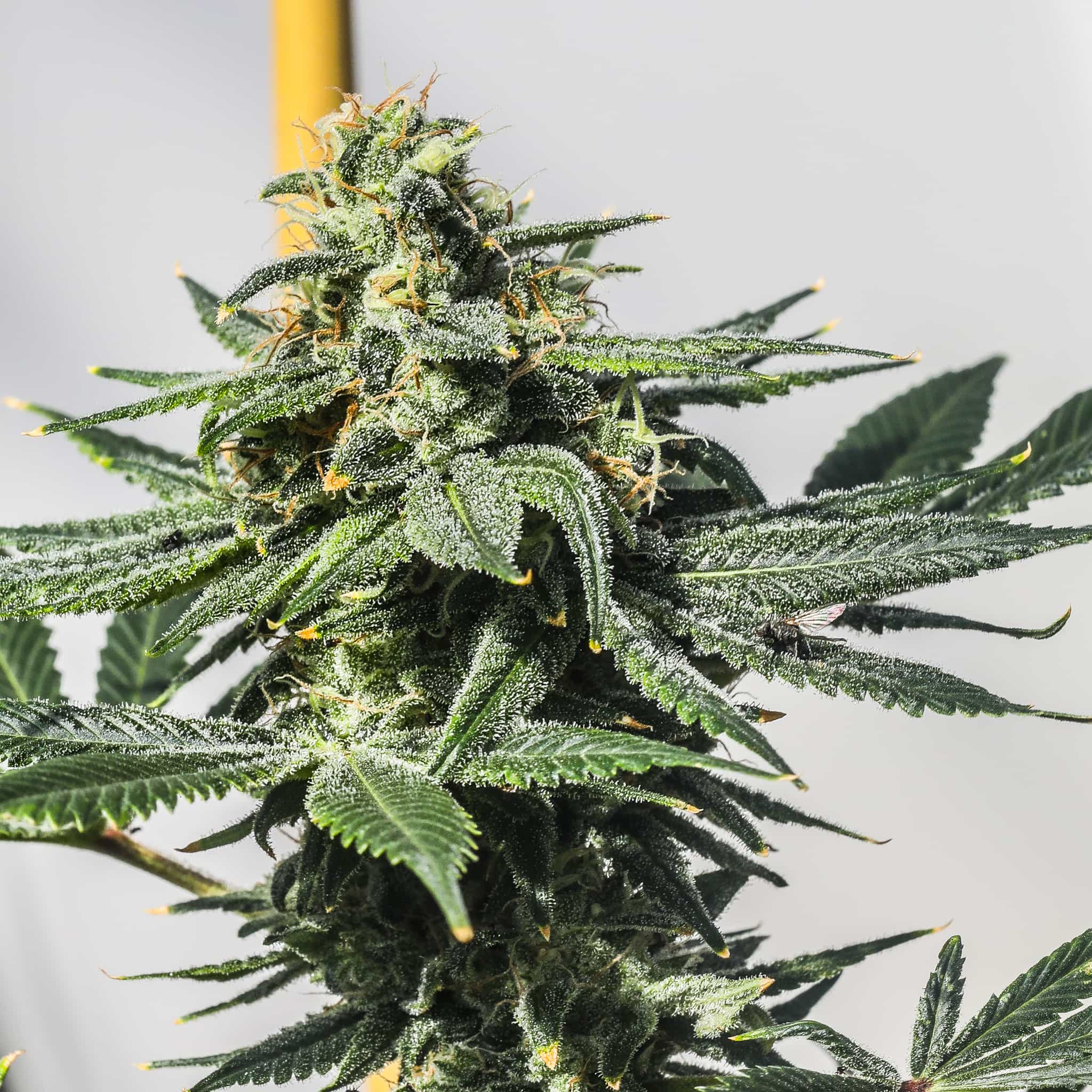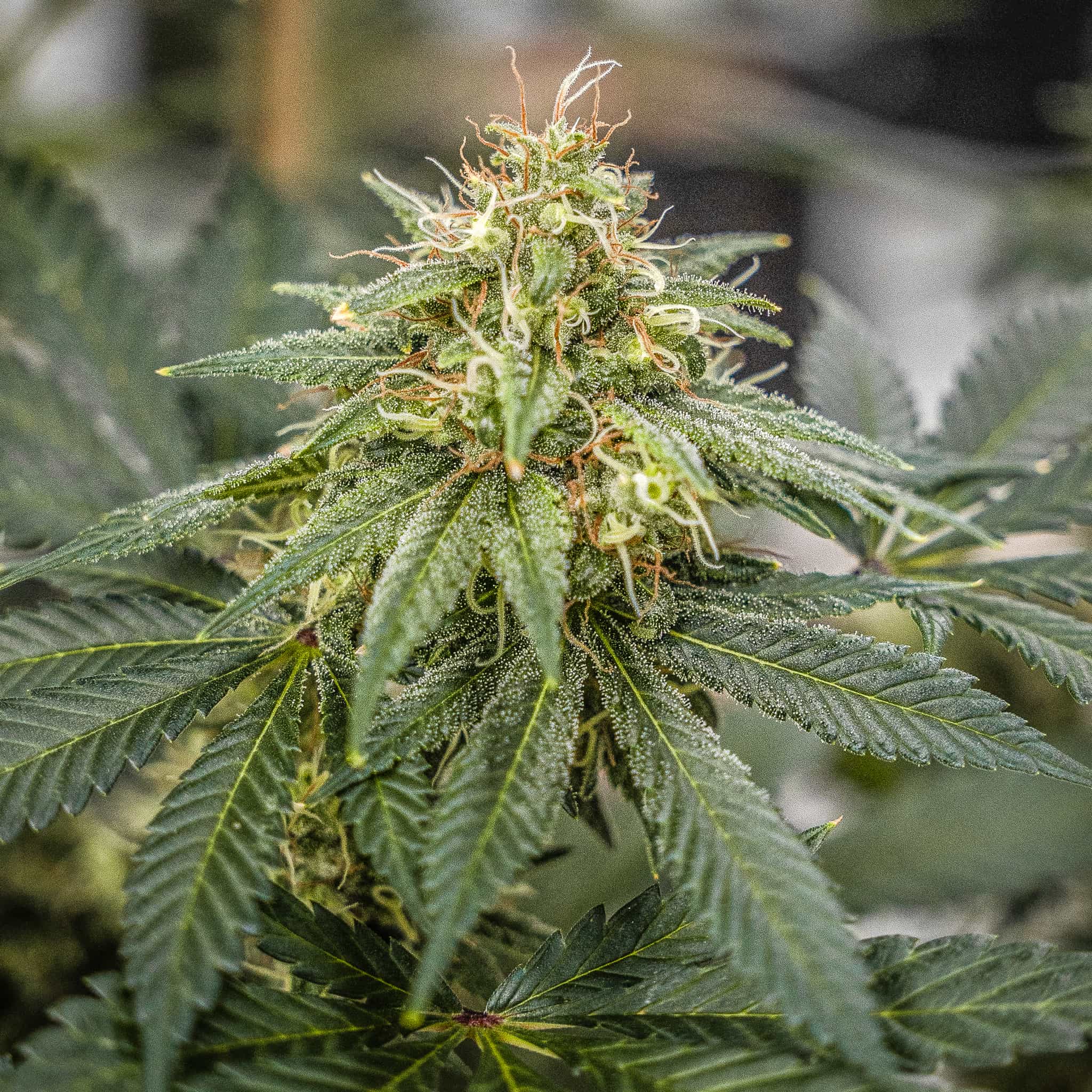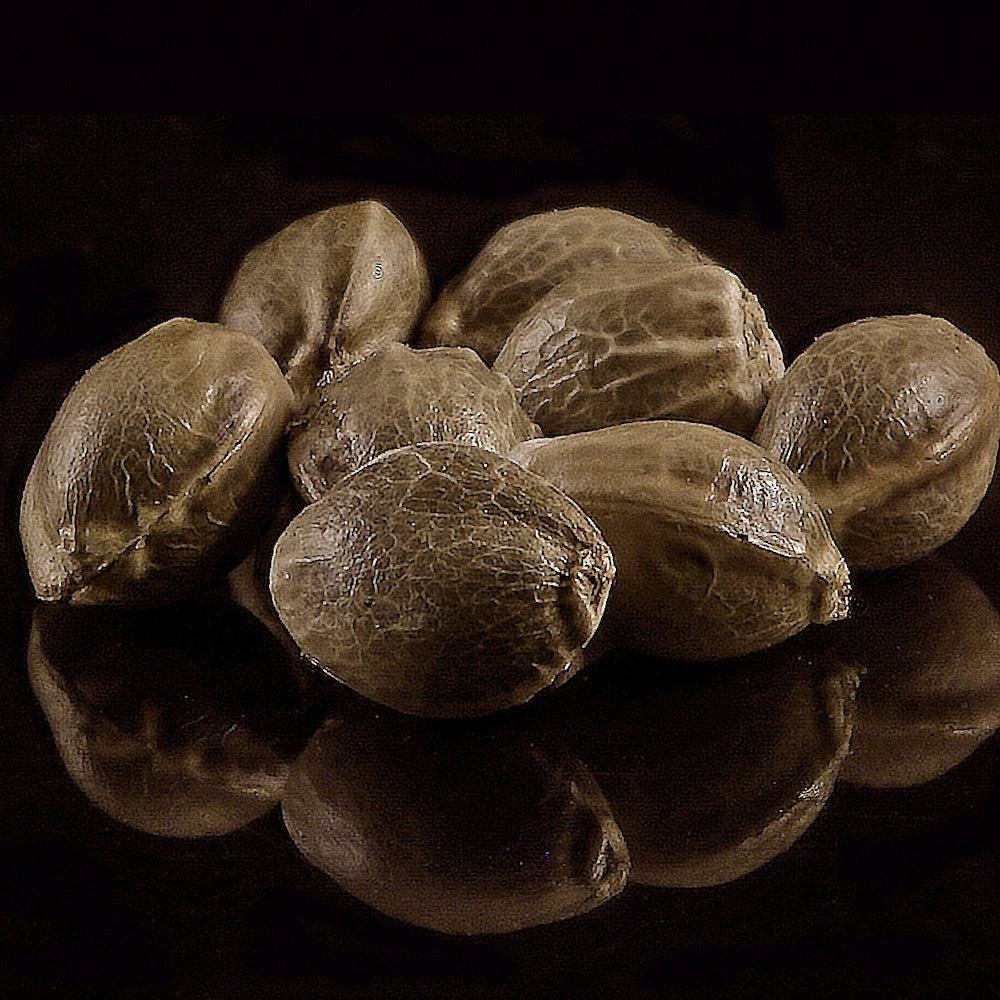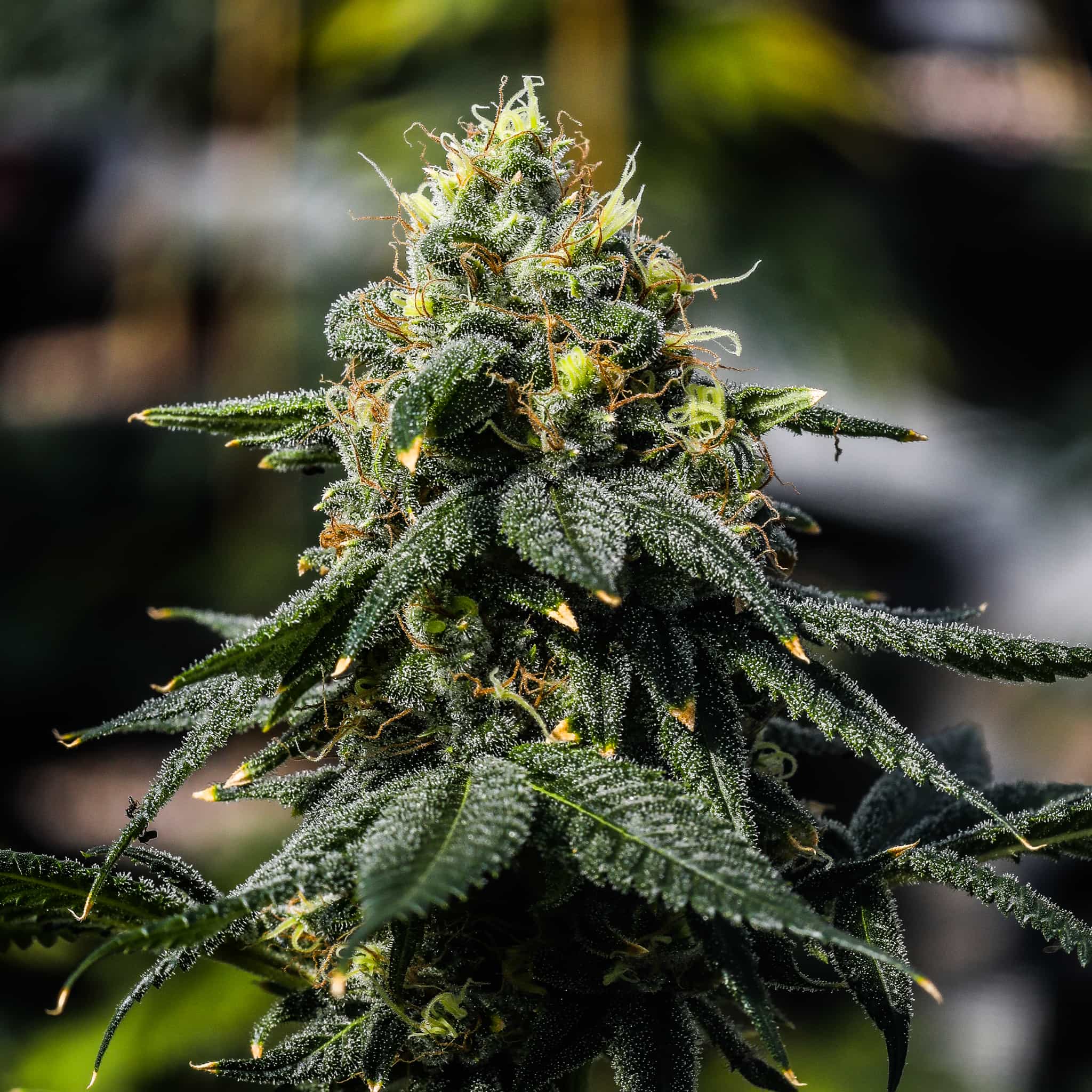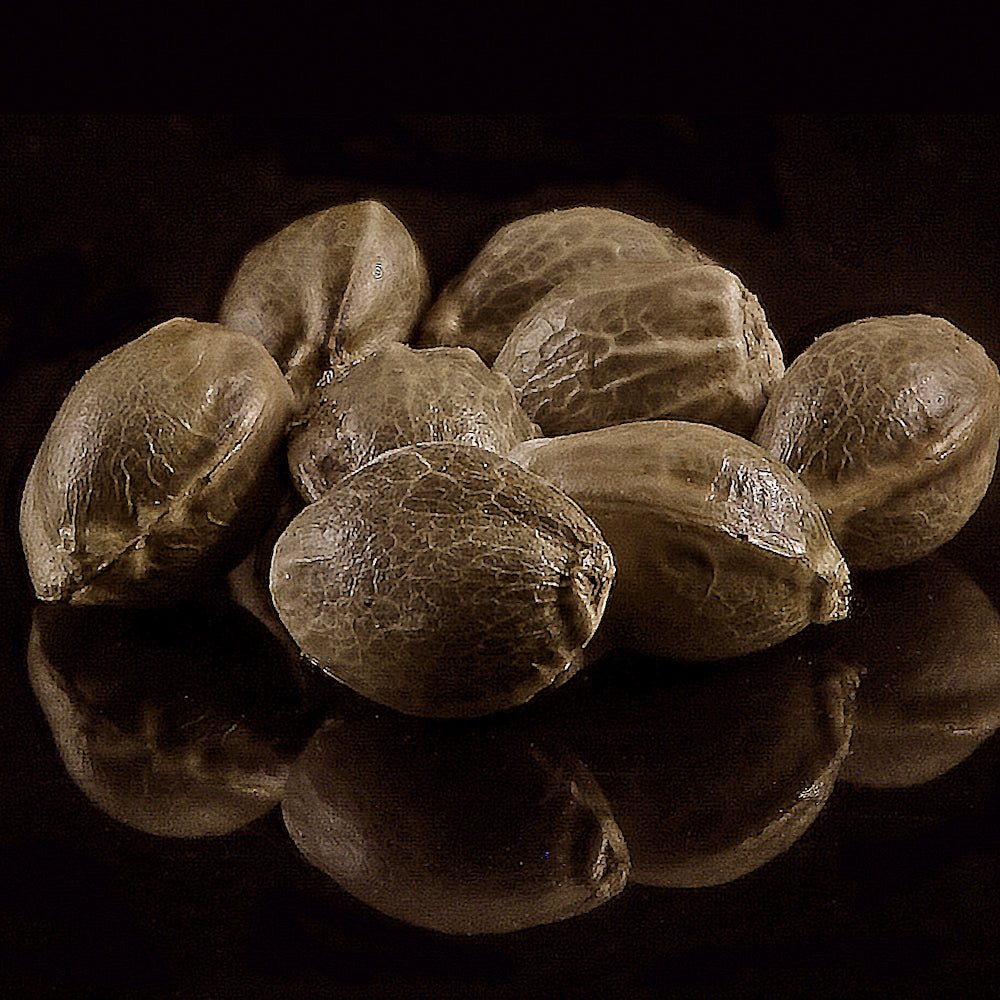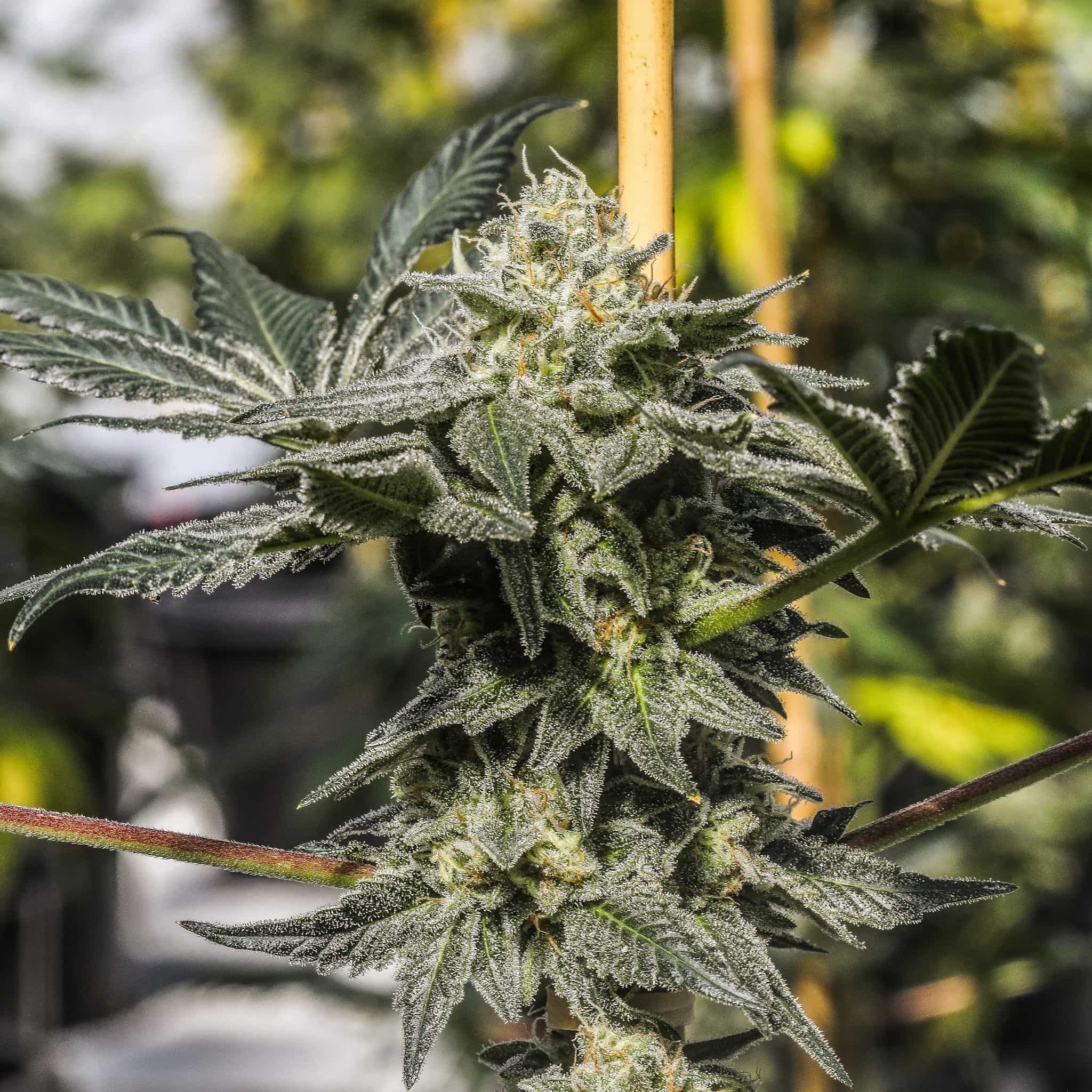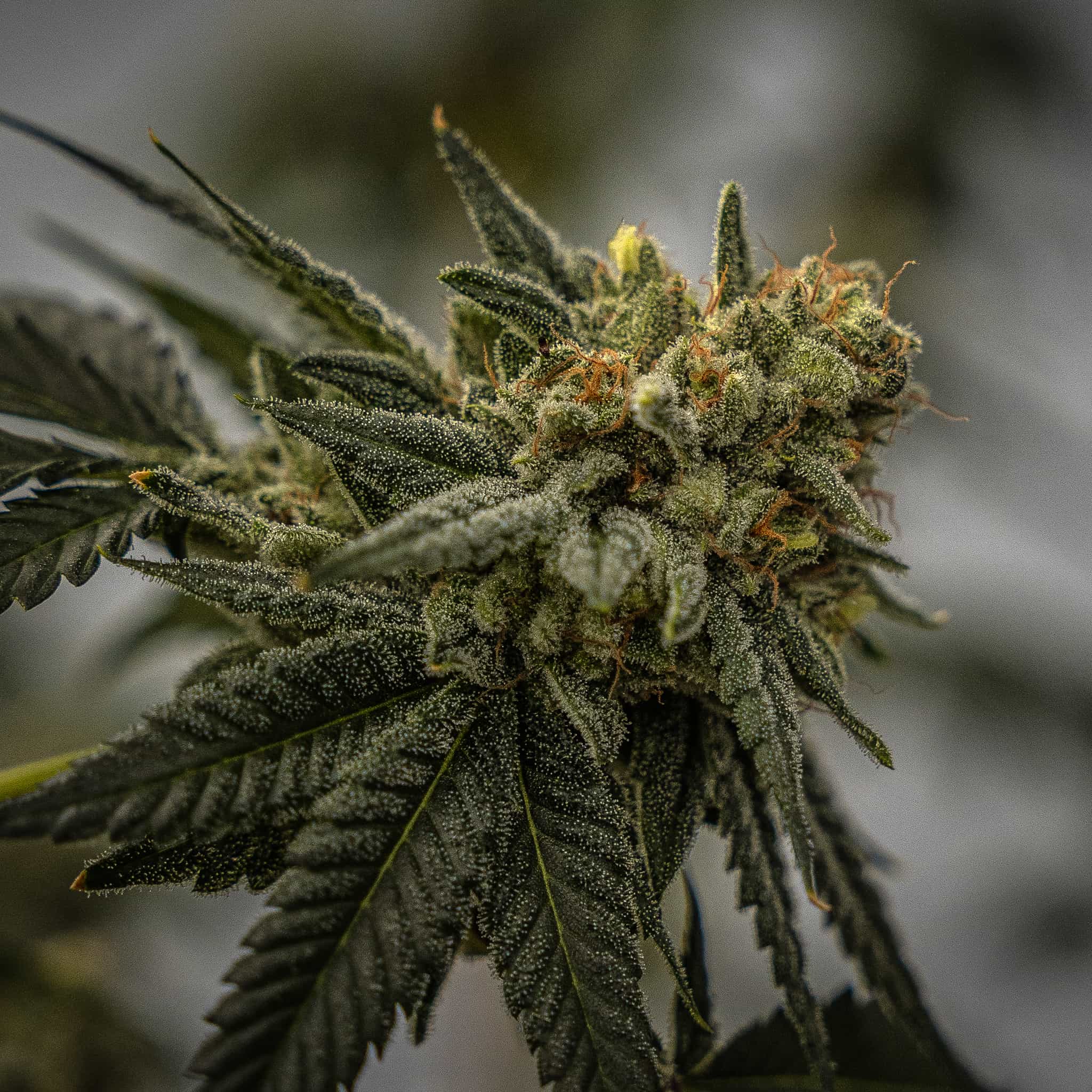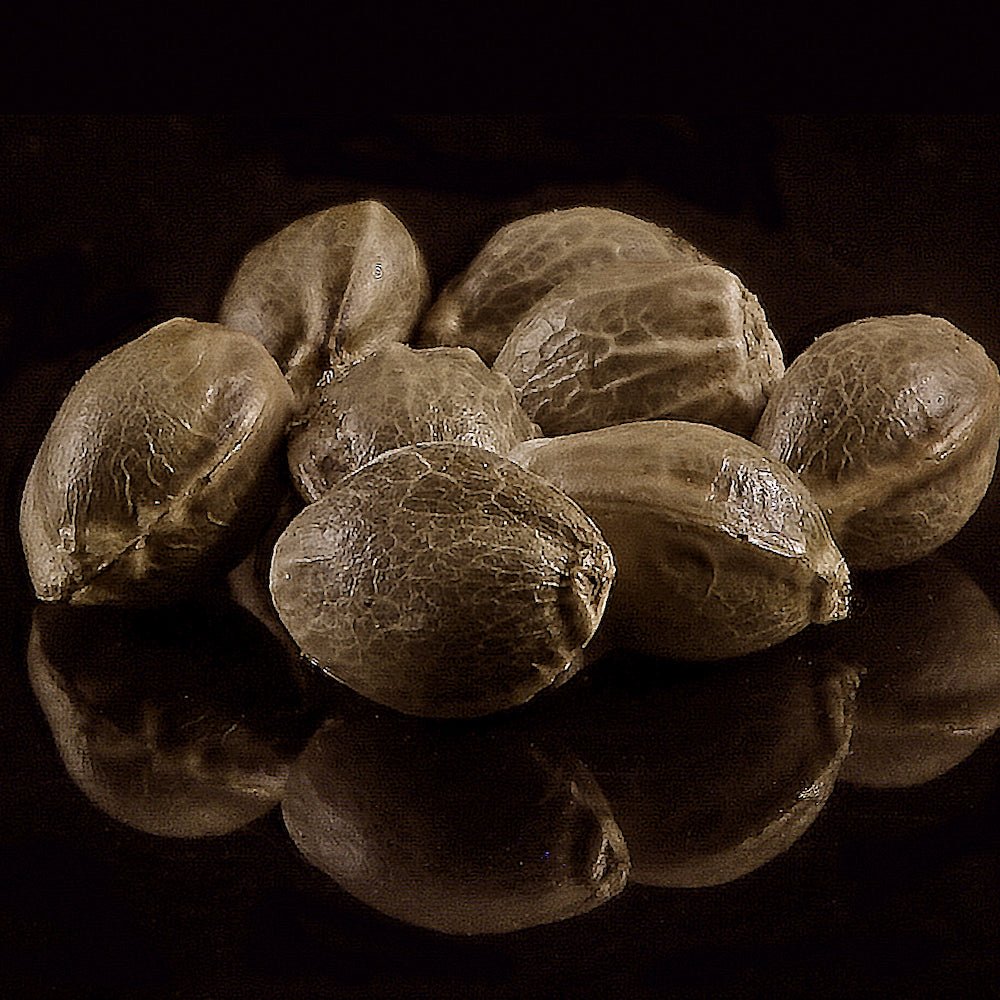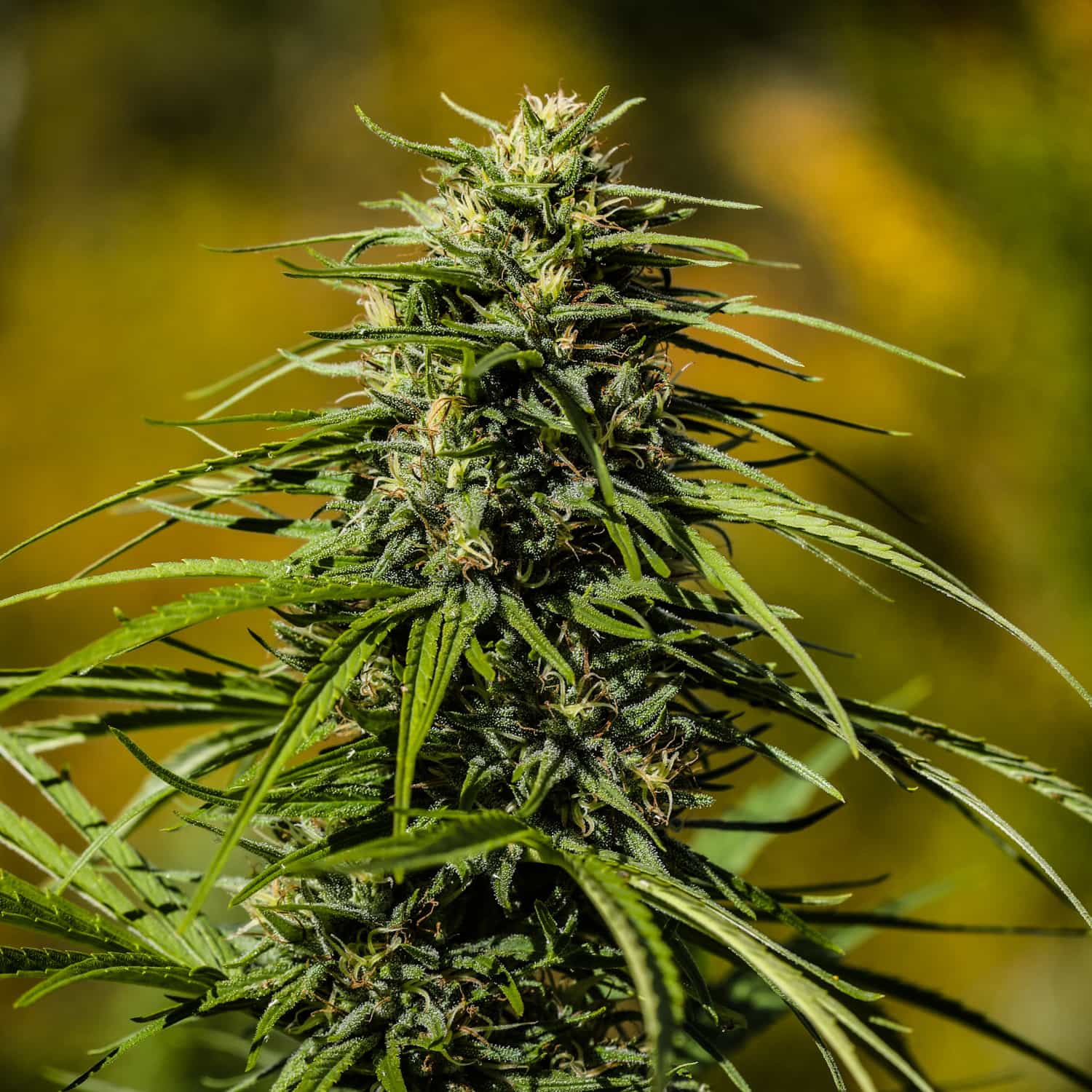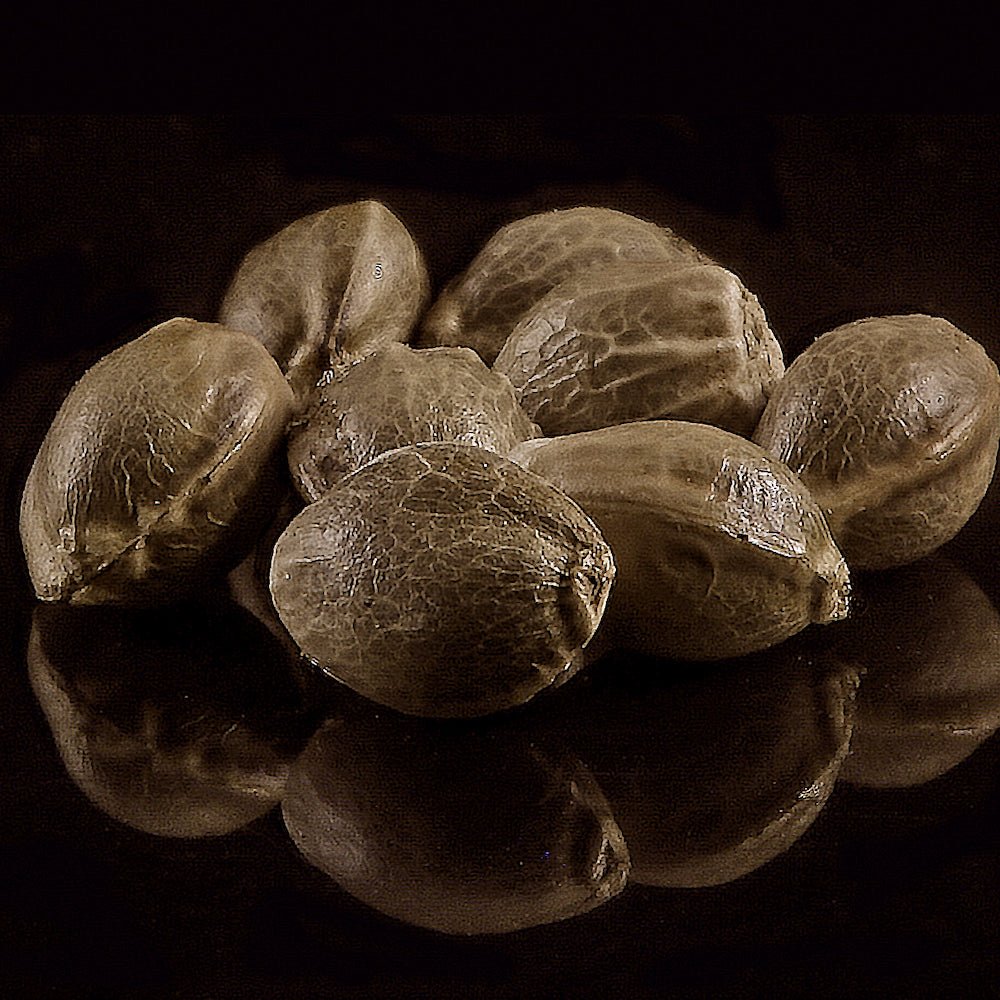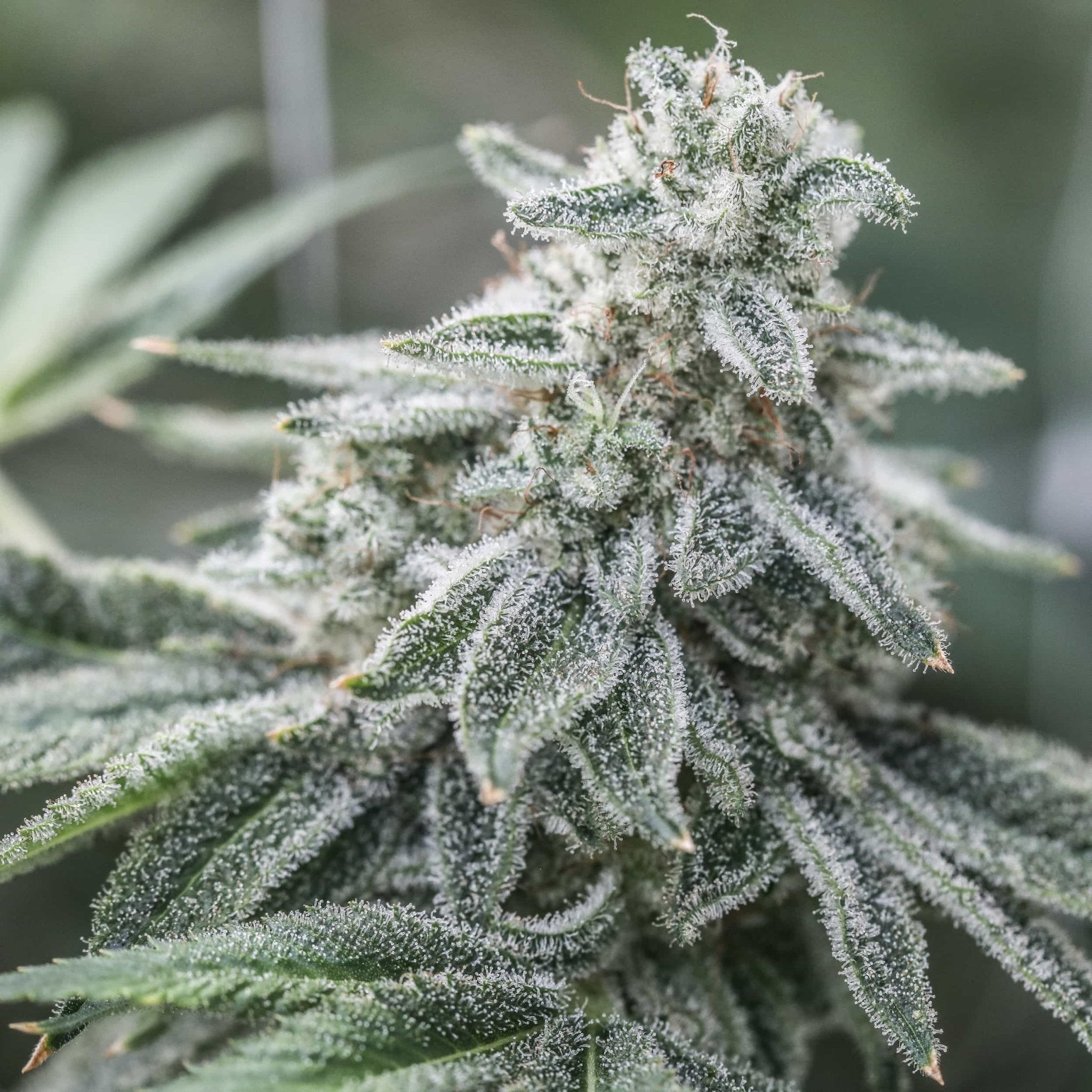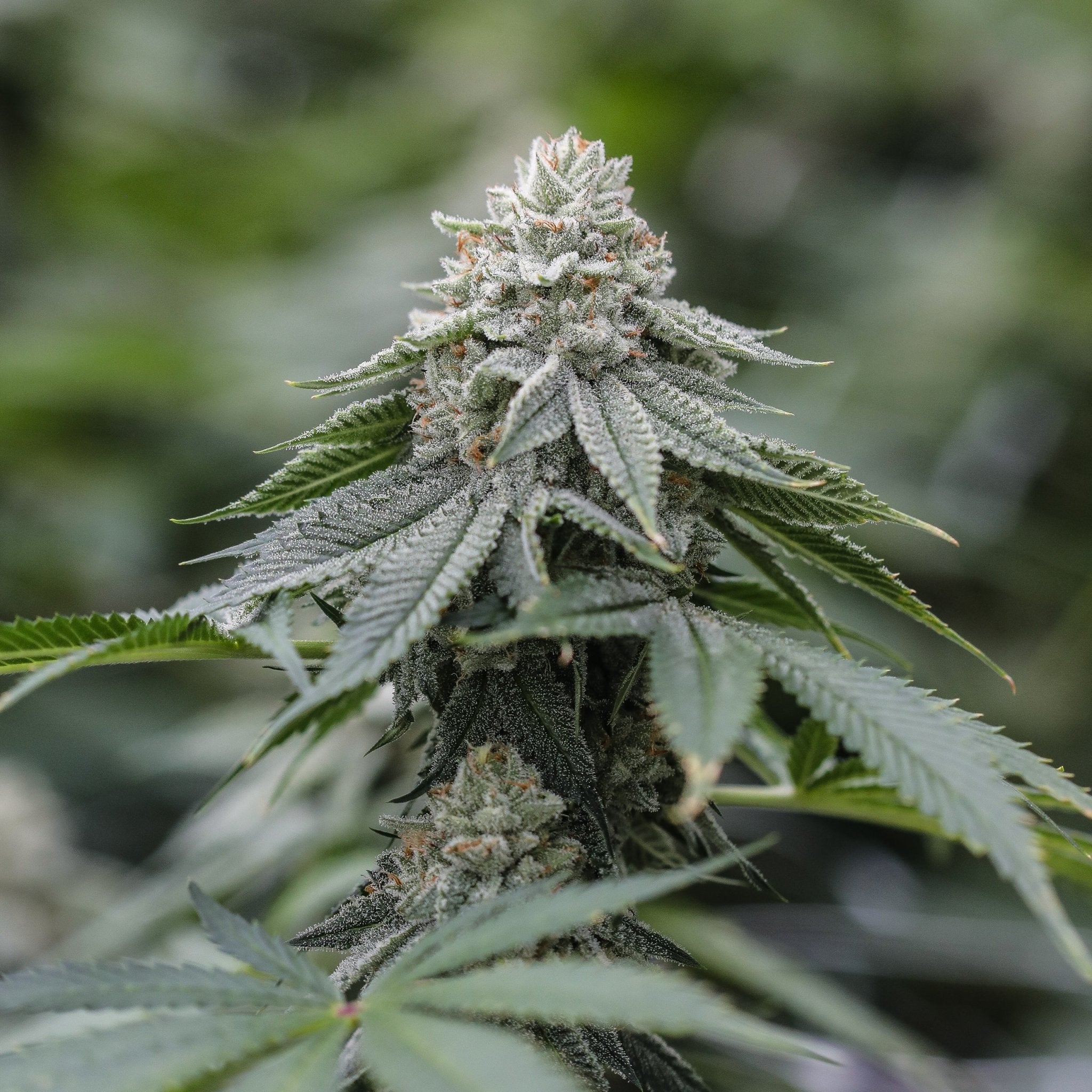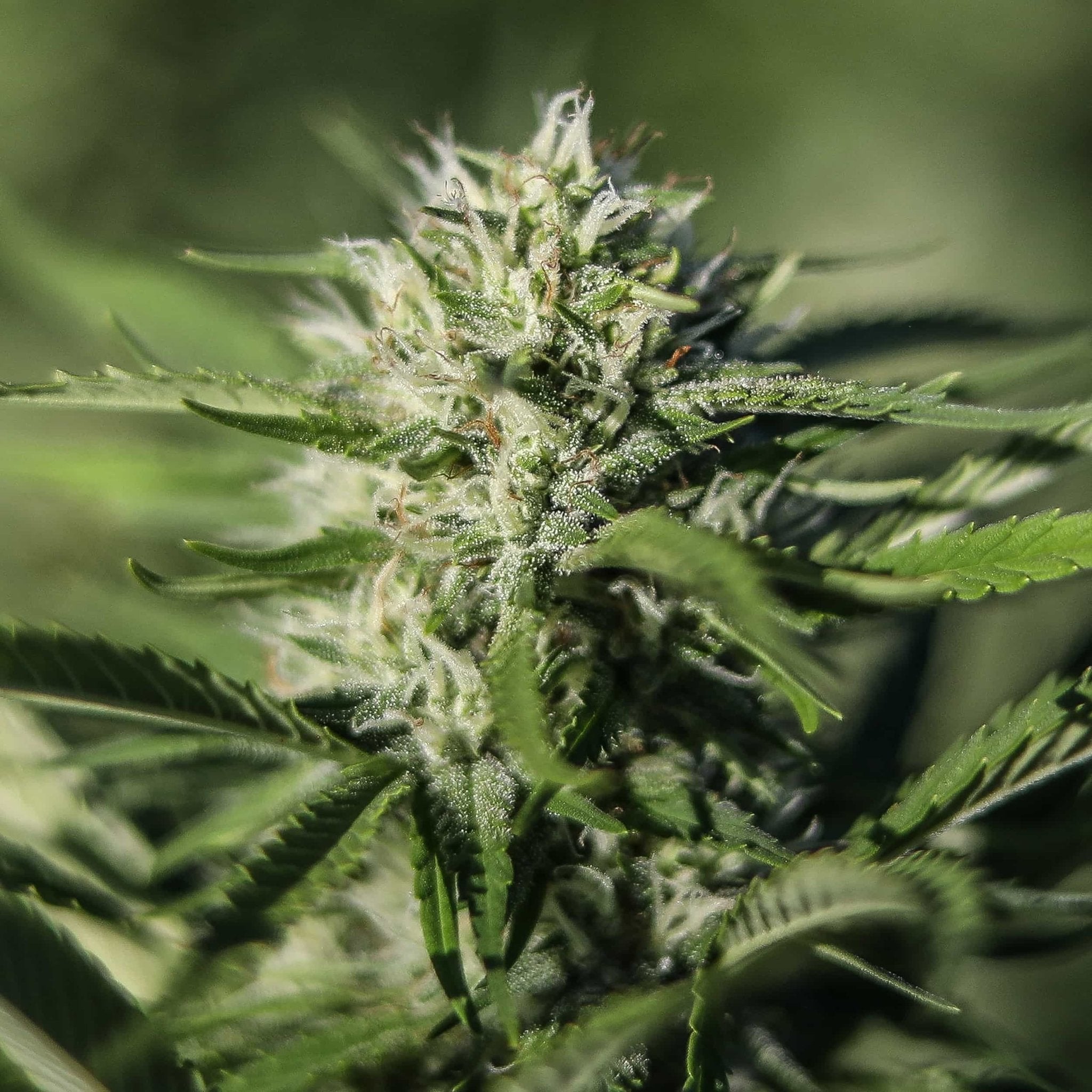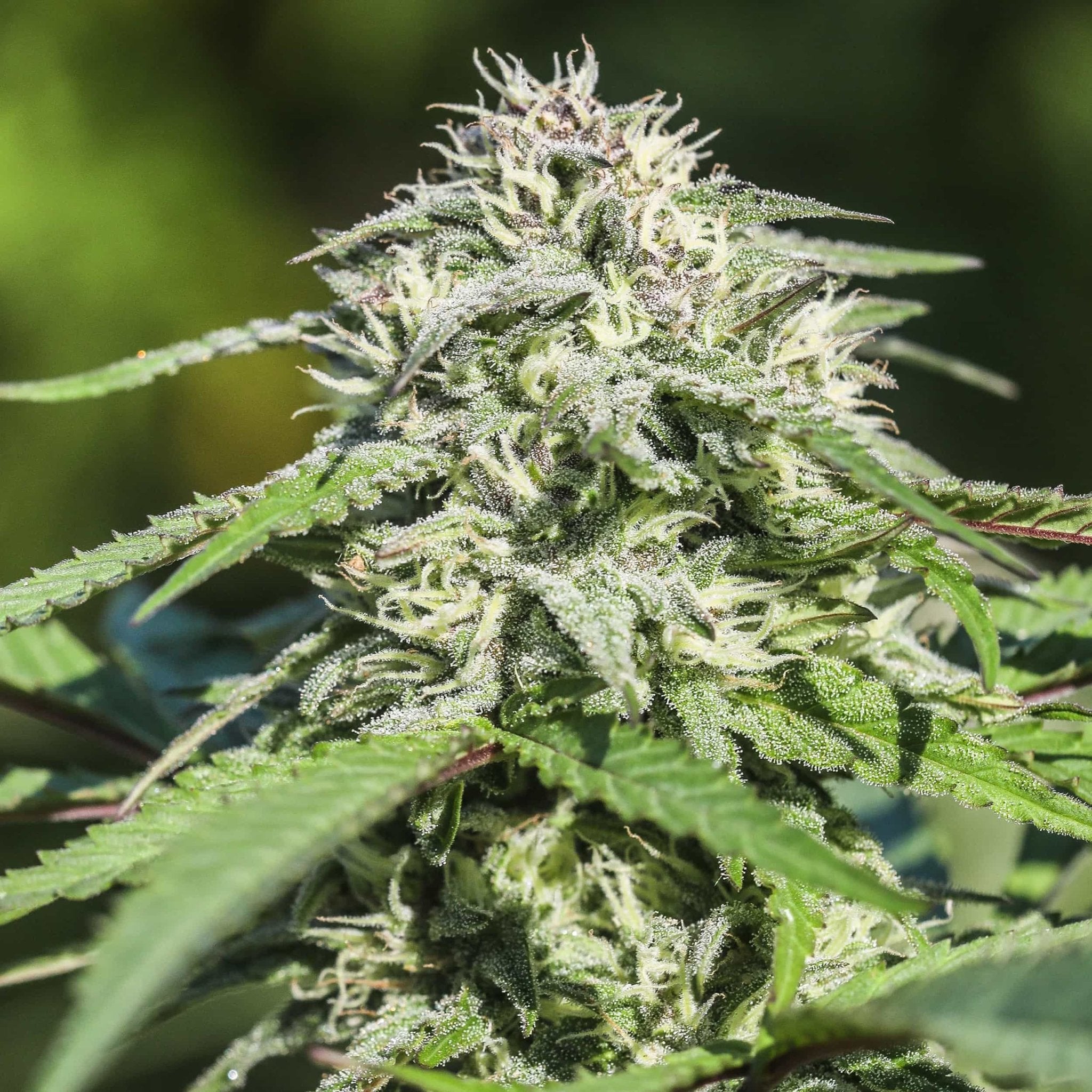Cannabidiol has attracted increasing attention over the past decade for its potential therapeutic benefits. Unlike its more famous counterpart, tetrahydrocannabinol (THC), CBD does not induce a "high" and has been studied for a variety of medical conditions, ranging from anxiety and chronic pain to neurological disorders. Is CBD right for you? It may be worth giving a shot!
Anxiety and Stress Relief
One of the most well-known and well-researched benefits of CBD is its potential to alleviate anxiety and stress. A growing body of evidence suggests that CBD can help reduce anxiety in both human and animal studies. For instance, a 2011 study published in Neuropsychopharmacology showed that CBD was able to reduce social anxiety in participants during a public speaking test. Similarly, a 2019 review published in Frontiers in Immunology concluded that CBD had anxiolytic effects, making it a potential treatment for anxiety disorders, including generalized anxiety disorder, panic disorder, and post-traumatic stress disorder (PTSD).
Pain and Inflammation
CBD has demonstrated considerable promise in managing chronic pain, particularly for individuals with conditions like arthritis, multiple sclerosis, and neuropathy. In a 2016 study published in European Journal of Pain, researchers found that CBD was effective in reducing both pain and inflammation in rats with arthritis. Another study in The Journal of Pain showed that topical CBD application reduced pain and improved quality of life in patients suffering from peripheral neuropathy. These findings suggest that CBD’s anti-inflammatory properties could make it an alternative treatment for pain management, particularly in cases where traditional pain relievers like opioids are not suitable.
Neurological Disorders
CBD has shown potential in the treatment of neurological conditions, particularly epilepsy and neurodegenerative diseases such as Alzheimer’s disease. The most prominent example of CBD’s success in neurology is its approval in the United States as a treatment for certain types of epilepsy under the brand name Epidiolex. A pivotal 2017 study published in The Lancet Neurology found that CBD significantly reduced the frequency of seizures in children with Dravet syndrome, a rare and severe form of epilepsy.
Additionally, research into CBD’s neuroprotective properties suggests its potential in treating conditions like Alzheimer's disease. In a 2016 study in Frontiers in Pharmacology, CBD was found to exhibit antioxidant and anti-inflammatory properties, which could protect the brain from the damage caused by Alzheimer’s. The compound may also help improve cognitive function and reduce neuroinflammation, suggesting a potential therapeutic role in treating Alzheimer’s or slowing its progression.
Cancer Treatment Support
Emerging research has suggested that CBD could play a role in cancer treatment, although more studies are needed to confirm its effectiveness. CBD has been shown to have both anti-tumor and anti-metastatic properties in some animal studies. A study published in Molecular Cancer Therapeutics found that CBD inhibited the growth of breast cancer cells and could reduce the spread of cancer to other parts of the body. Additionally, CBD has shown potential in alleviating the side effects of cancer treatments such as chemotherapy, including nausea, pain, and vomiting .
Potential Cardiovascular Benefits
CBD may also offer benefits for cardiovascular health. A 2017 study in JCI Insight found that CBD could lower blood pressure in individuals with elevated levels, particularly in response to stress. Moreover, the study indicated that CBD’s effects could be mediated through its ability to reduce the production of stress-related hormones, like cortisol. These findings suggest that CBD may have therapeutic potential for managing conditions such as hypertension and reducing the risk of heart disease, though more clinical trials are necessary.
Will CBD Help You?
While the research is still in its early stages, the existing evidence supports its use as a natural remedy with a broad spectrum of medical benefits. As the body of scientific literature continues to grow, CBD may become an increasingly integral part of modern medical treatments. Plant medicine!







